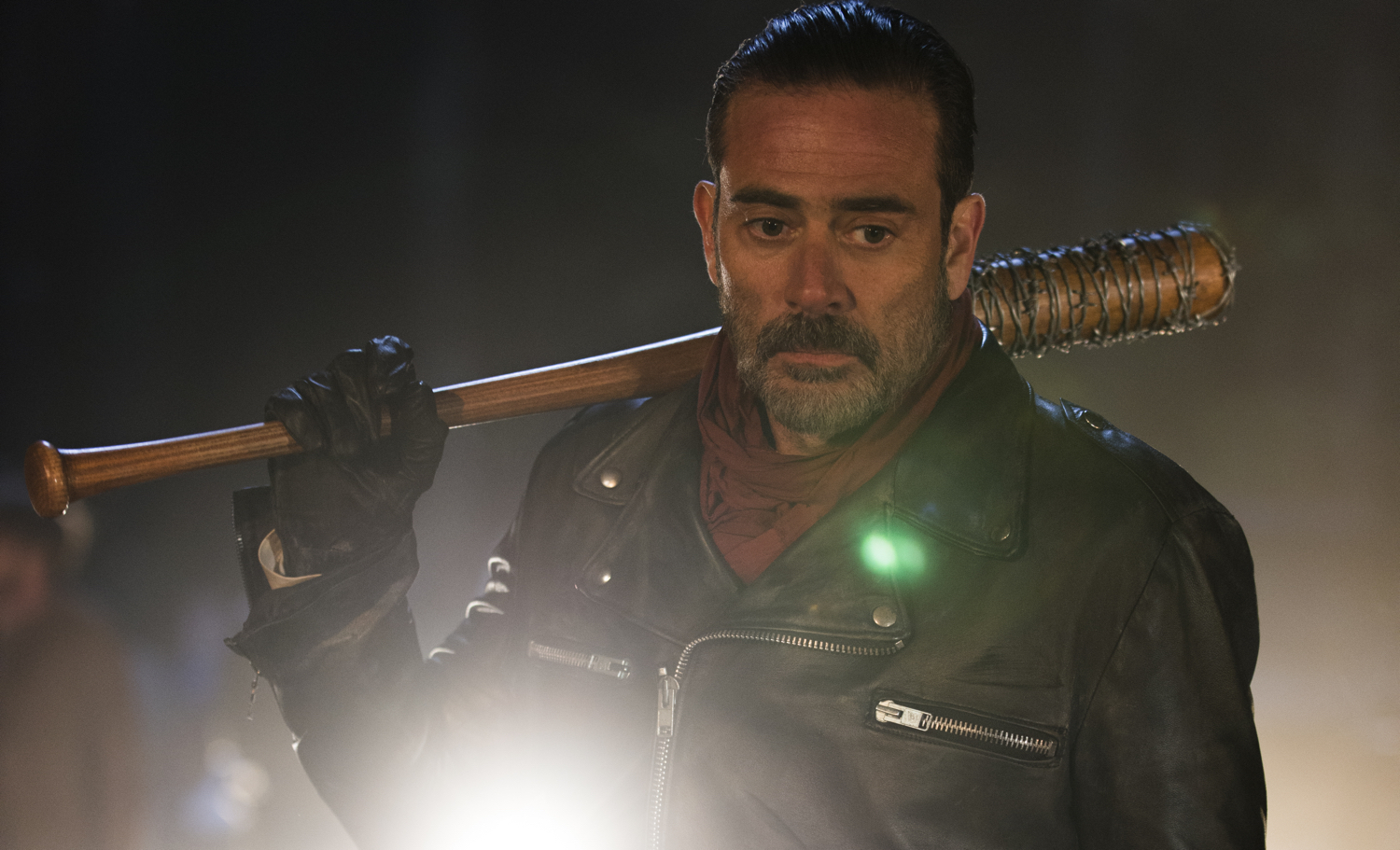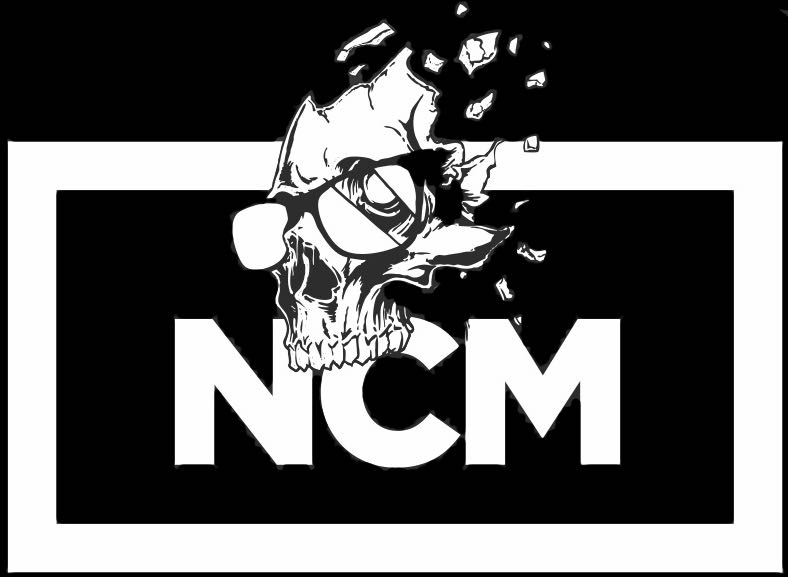Bankruptcy Can Avoid Foreclosure
In the course to avoid foreclosures, Bankruptcy can be the most reliable option today especially to many homeowners who face foreclosure and the best solution for a lot of extreme financial hardships. Filing bankruptcy will put the entire foreclosure process on hold, which is very important for homeowners in the present scenario when economy is facing recession and they are getting affected by it. But there are many questions to be answered in this regard without which, it is a risk to declare bankruptcy. The questions that haunt our mind www.topelevenhackcheats.net/topelevenhack/ are “How long the foreclosure process is stopped for?” and “What is the particular chapter of bankruptcy that a debtor requires to file?”
A Chapter 7 bankruptcy, also referred to as “liquidation,” completely eliminates all of a debtor’s legal liability to pay unsecured debt. If a Chapter 7 debtor is facing foreclosure, the bankruptcy will temporarily halt the foreclosure process until one of the following occurs: the bankruptcy process is completed, or the foreclosing lender gets the judge to lift the automatic stay. Unfortunately, if a borrower is far behind in their payments, and they do not have enough income to make the payments if the debt is reaffirmed, this relief can be granted immediately.
A Chapter 13, on the other hand, can stop a foreclosure proceeding permanently. A Chapter 13 bankruptcy consolidates debt and reorganizes it into an affordable monthly payment plan approved by the court. In comparison to Chapter check more 7 bankruptcy, Chapter 13 does not completely eliminate a debtor’s unsecured debt and requires a debtor to repay a portion of or all of the debt. However, the debtor is able to pay off their debt in affordable monthly payments over a period of three to five years, as determined by the court depending on monthly income, expenses, and assets.
Chapter 13 bankruptcy, also referred to as “reorganization”, consolidates debt and reorganizes it into an affordable monthly payment plan approved by the court. Debts that are generally consolidated in a Chapter 13 bankruptcy are mortgage arrears, balances on vehicle loans, student loans, credit card debts and other unsecured debts. If your home is presently in foreclosure, a Chapter 13 bankruptcy filing will stop the foreclosure any time prior to the sale, and allow you to repay your mortgage arrears through your Chapter 13 bankruptcy.
But there are quite a few things to remember on the part of the debtor. One very important thing to remember about Chapter 13 bankruptcy is that you must be working or have a consistent source of income for your repayment plan to be approved by the court. It is a temporary fix and if you have no haydayhackcheatss.net way of paying your mortgage or it will be very difficult, then maybe this is not an option for you to choose. However, it should be used as a last resort due to its limiting protections for homeowners with a first mortgage and the long love here lasting consequences to your credit.
To conclude off it could be well stated that Bankruptcy is a very serious step, with enduring consequences, but can provide debtors relief from the foreclosure process.





